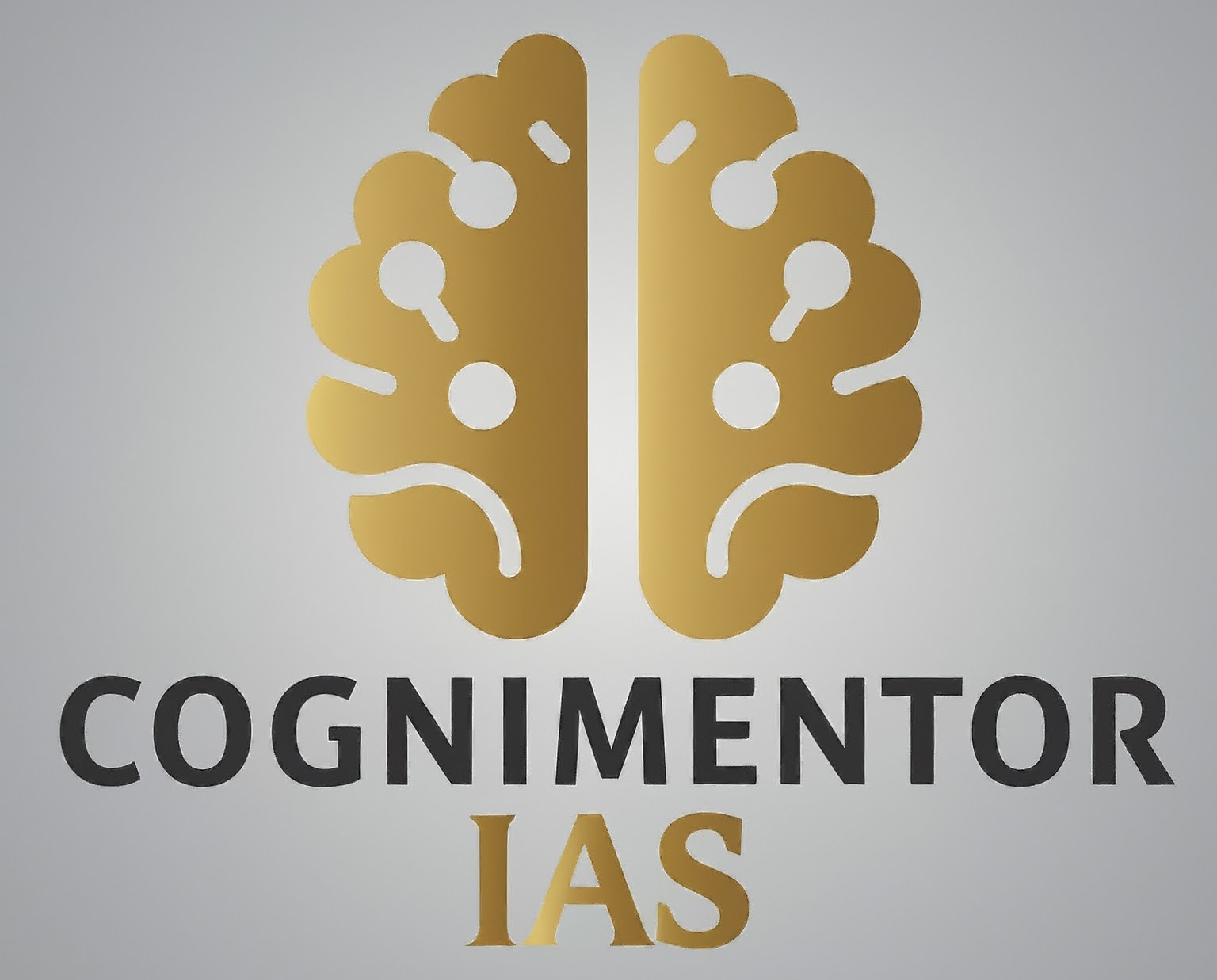
The code breakers of UPSC exam
For decades the UPSC exam, is in the helm of filtering the best minds in India, to lead, serve, and guide the nation to a dynamic democratic country in the world, with minuscule errors ever happened and with the highest precision selection process squeezes an aspirants to the maximum and if he persists, could become the coveted position in bureaucracy.
How UPSC maintain this quality of selection?
The answer is in the format of the exam pattern, where the evaluation of cognitions is done Incognito, by virtue of the time it takes, the complexity of the questions, the analytical ability and critical thinking required, and ultimately the personality the aspirant revealed
How UPSC uses TIME to check cognitions
The minimum time to clear the exam is approximately 1.5 years. Ninety percent of the population gets distracted and unfocused within this timeframe, where the UPSC is evaluating the self-control of an aspirant. Our studies have clearly shown, using the neuro-cognitive profiler for testing cognitions developed by the Yale University neuroscience department, and combined with arithmetical and statistical evaluation, that self-control should be in the 95th percentile or above for passing this exam, as these are the scores of successful populations.
The different kind of prelims question and what it demands

First pattern
Consider the following statements:
- Jhelum River passes through Wular Lake.
- Krishna River directly feeds Kolleru Lake.
- Meandering of Gandak River formed Kanwar Lake.
How many of the statements given above are correct?
(a) Only one (b) Only two (c) All three (d) None
Answer: (a) Only one
Cognitive Factors at Play (Assuming Prior Geographical Knowledge):
bar chart with the following data
- Memory Recall: 60%
- Working Memory: 20%
- Focus/Attention: 10%
- Decision Making/Speed: 10%
Conclusion:
This question highlights how even seemingly knowledge-based questions in competitive exams like UPSC Prelims require a combination of cognitive skills. While subject matter expertise is paramount, memory recall, working memory, focus/attention, and decision-making all contribute to successfully navigating such questions.
Elucidating the Importance of Cognitions:
- Memory Recall: The most significant factor is the ability to accurately recall facts about the locations and characteristics of the rivers and lakes mentioned. This forms the basis for evaluating the truth of each statement.
- Working Memory: Holding multiple pieces of information in mind simultaneously is essential. The question presents three statements, and working memory allows you to compare each statement against your recalled knowledge, ensuring you don't lose track of the details.
- Focus/Attention: While the question itself is straightforward, maintaining focus is crucial to avoid misreading or misunderstanding the statements or options. Attention helps ensure you are processing the information accurately.
- Decision Making/Speed: Though not a complex decision, determining the correctness of each statement and selecting the appropriate answer requires a degree of decision-making. In a time-pressured exam environment, speed becomes a factor in efficiently evaluating the options.

Conclusion:
This question highlights how even seemingly knowledge-based questions in competitive exams like UPSC Prelims require a combination of cognitive skills. While subject matter expertise is paramount, memory recall, working memory, focus/attention, and decision-making all contribute to successfully navigating such questions.
Shall continue……